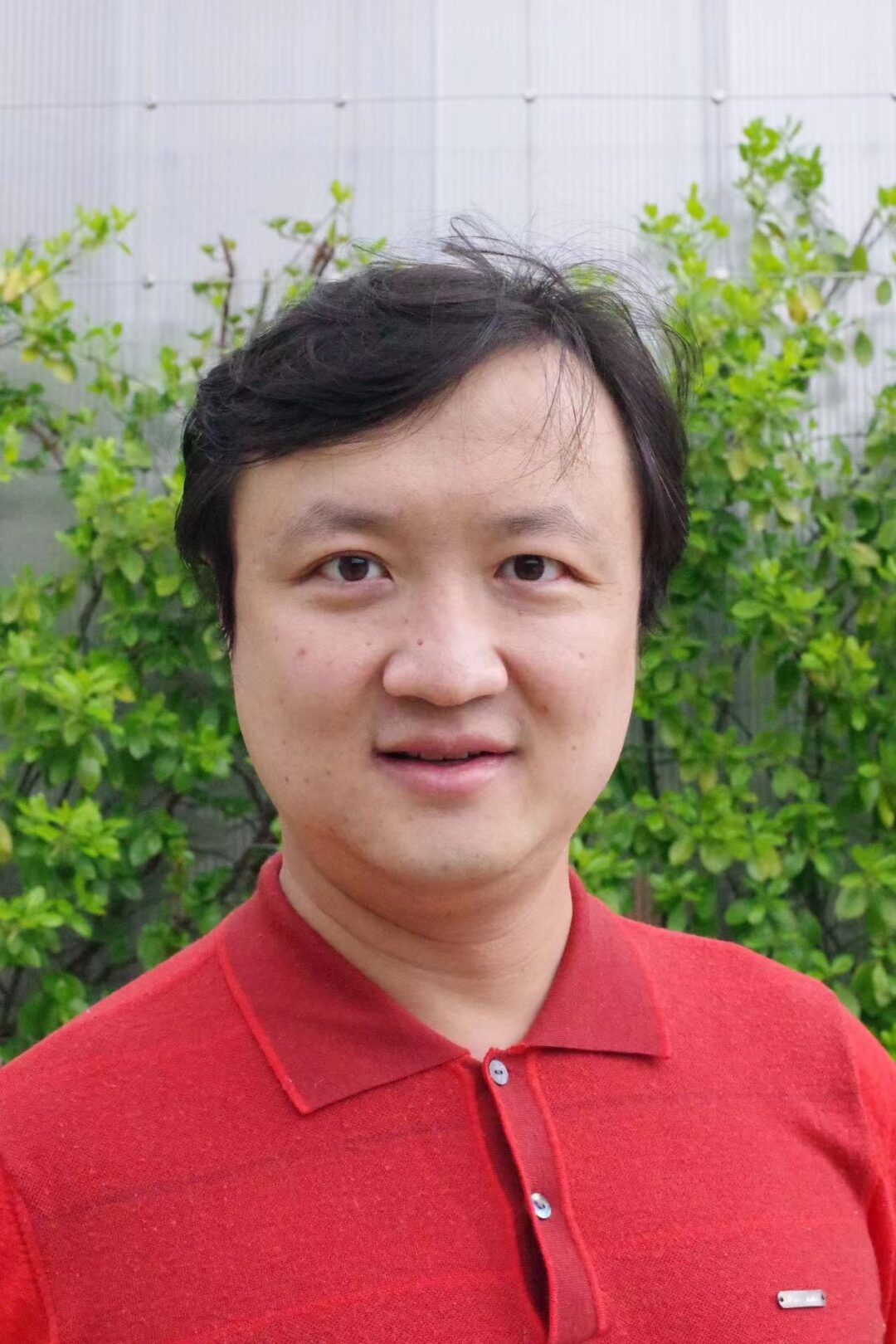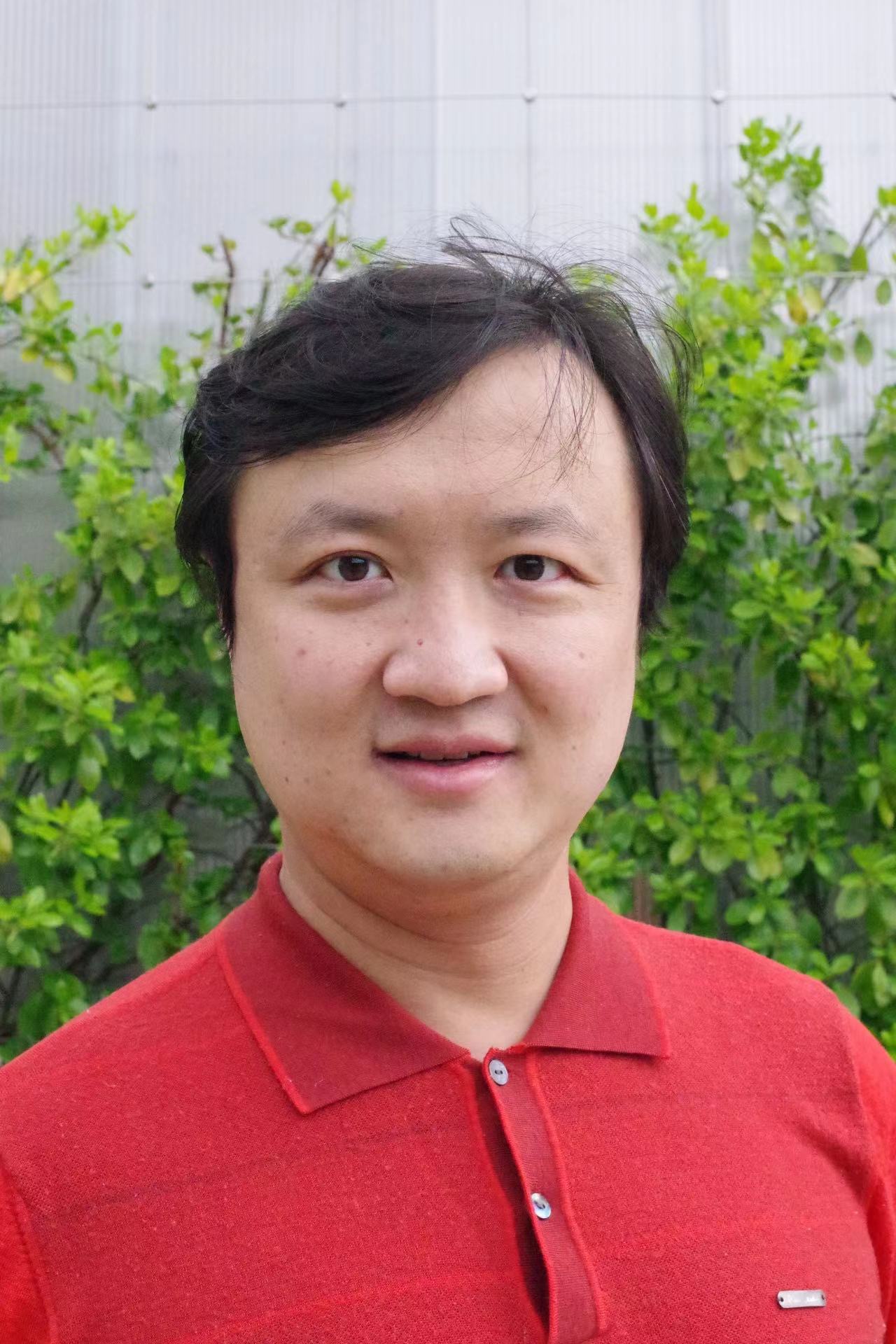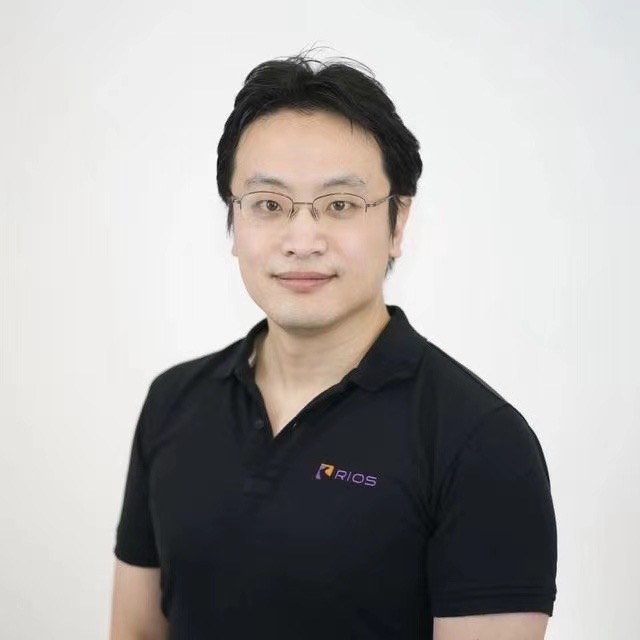
Weiwei Chen
Research Ccientist of RIOS-Lab
Associate professor, supervisor of postgraduate, former member of Youth Innovation Promotion Association of Chinese Academy of Sciences Senior member of the Optical Engineering Society of China
Expert of the Zhongguancun Cloud Computing Industry Alliance Former chief scientist of artificial intelligence company (CTO level), and former first leader of the 3D NAND chip design team of China. 20+ years of IC industry experience, 7+ years of AI industry experience, led the team to complete 30+ chip/IP core design, served as the technical leader of 5+ National Major Projects, and supervised 30+ students. 70+ Patents(CN and US), software copyrights and articles.
Research Interests
Main research interests for computing in memory chip architecture and design technology, AI chip design nano-memory IC design methodology, and EDA design methodology
Honors and Title
- Senior member of the Optical Engineering Society of China
- Expert of Zhongguancun Cloud Computing Industry Alliance
- Expert of the Intelligent Computing Industry Technology Innovation Consortium
- Former member of Youth Innovation Promotion Association of Chinese Academy of Sciences
- Top 10 Scientific Researchers (IMECAS)
Contact
Education
Bachelor of Electronic Science and Technology, Department of Electronics Engineering, Tsinghua University
M.S. in Microelectronics, Tsinghua University, Institute of Microelectronics
PhD in Microelectronics, University of Chinese Academy of Sciences, Institute of Microelectronics




